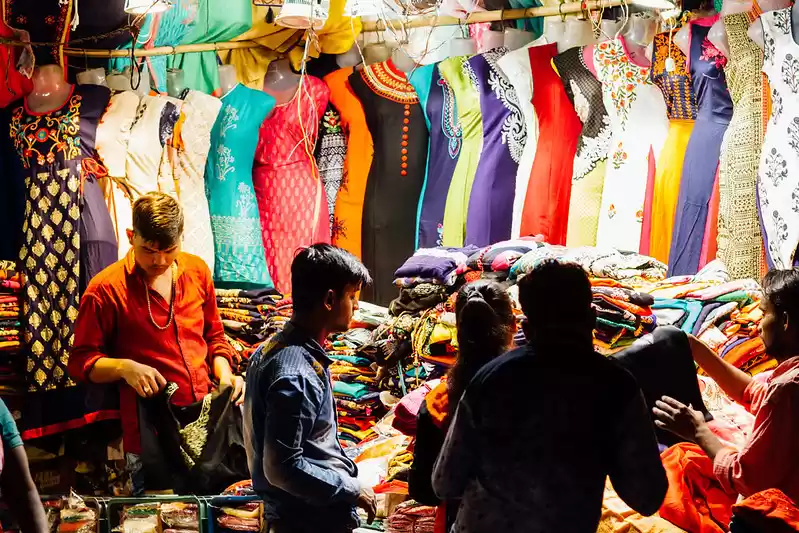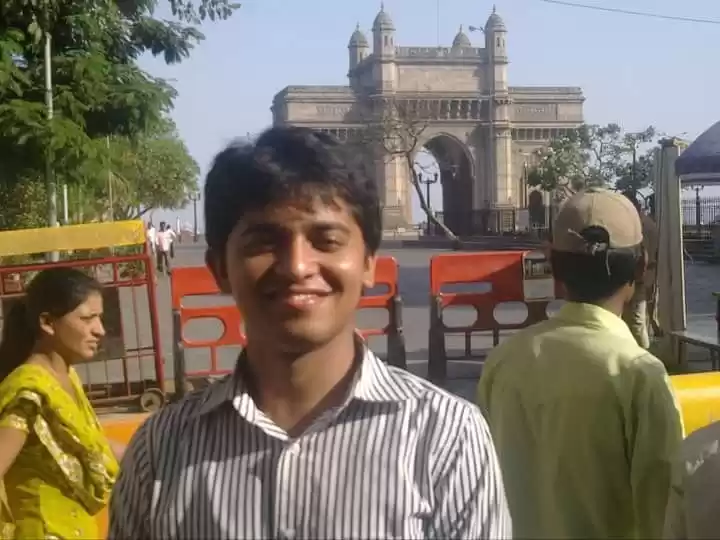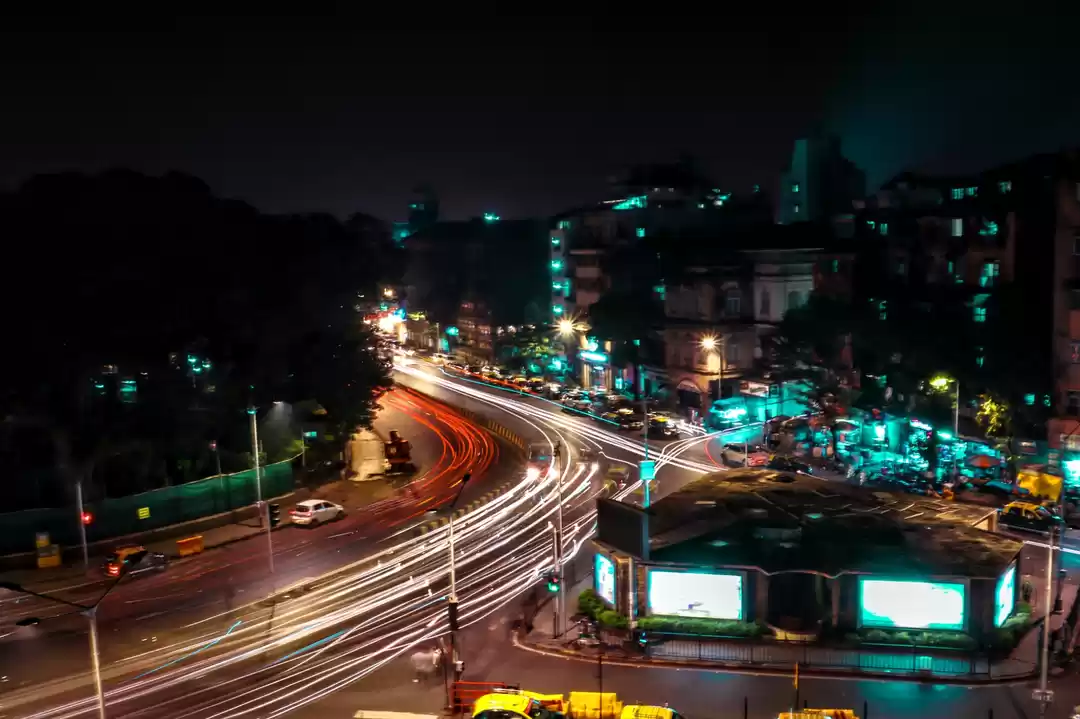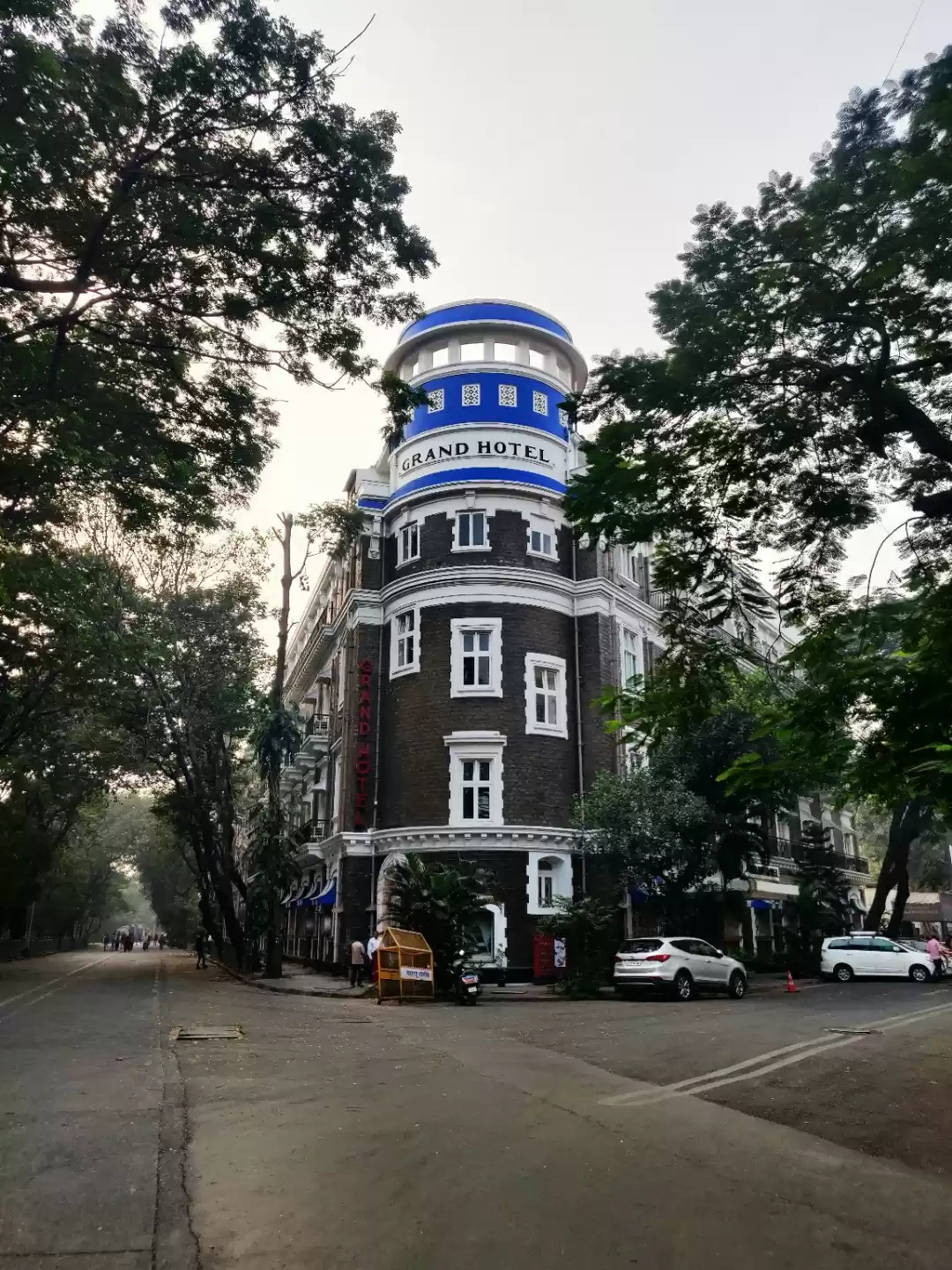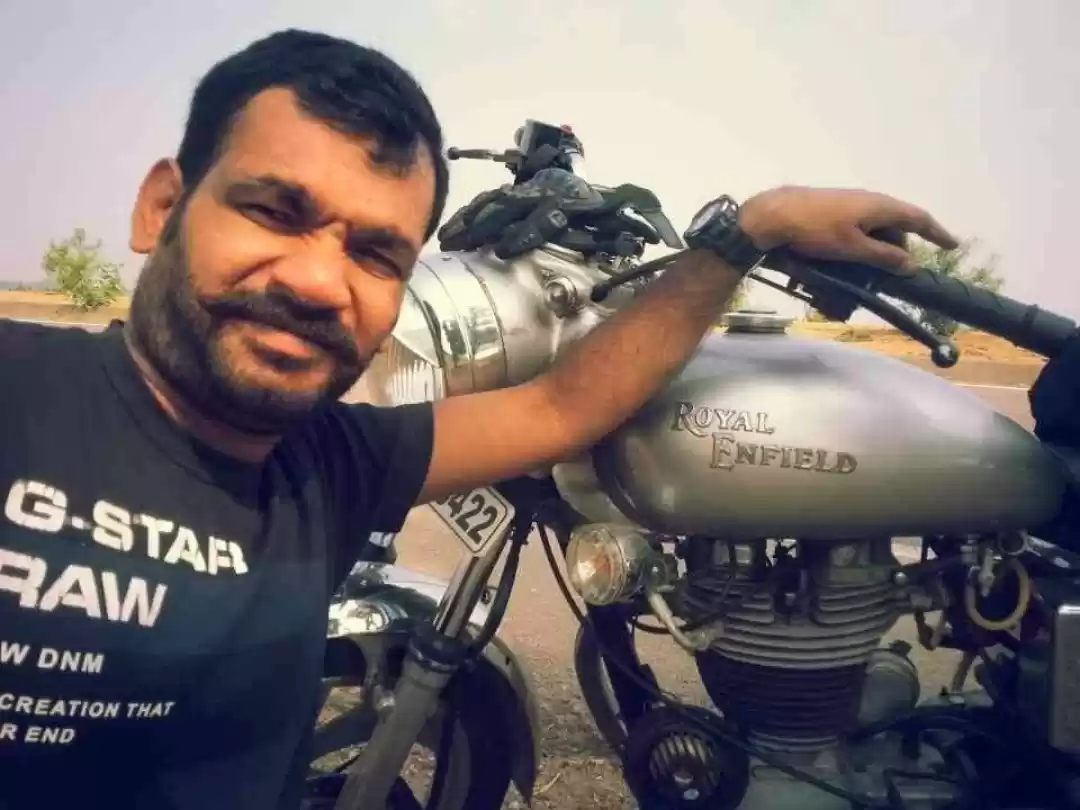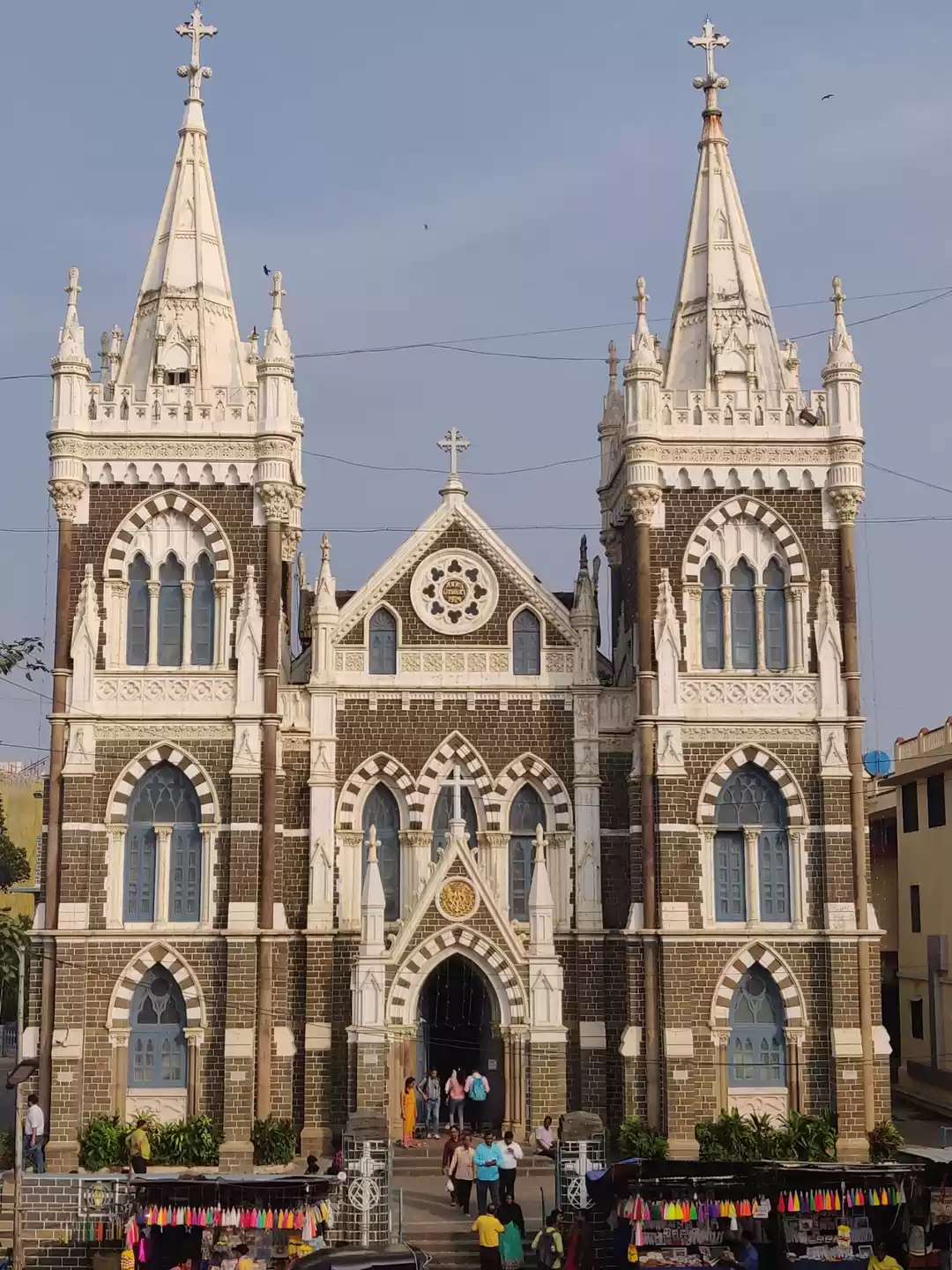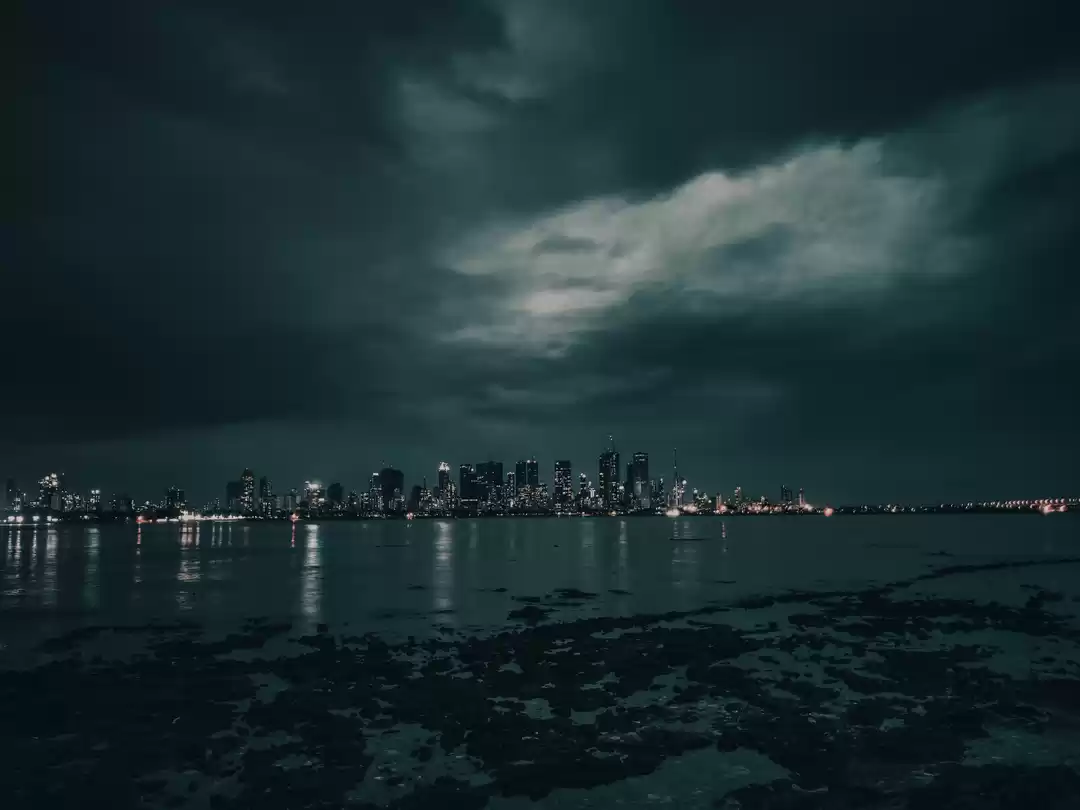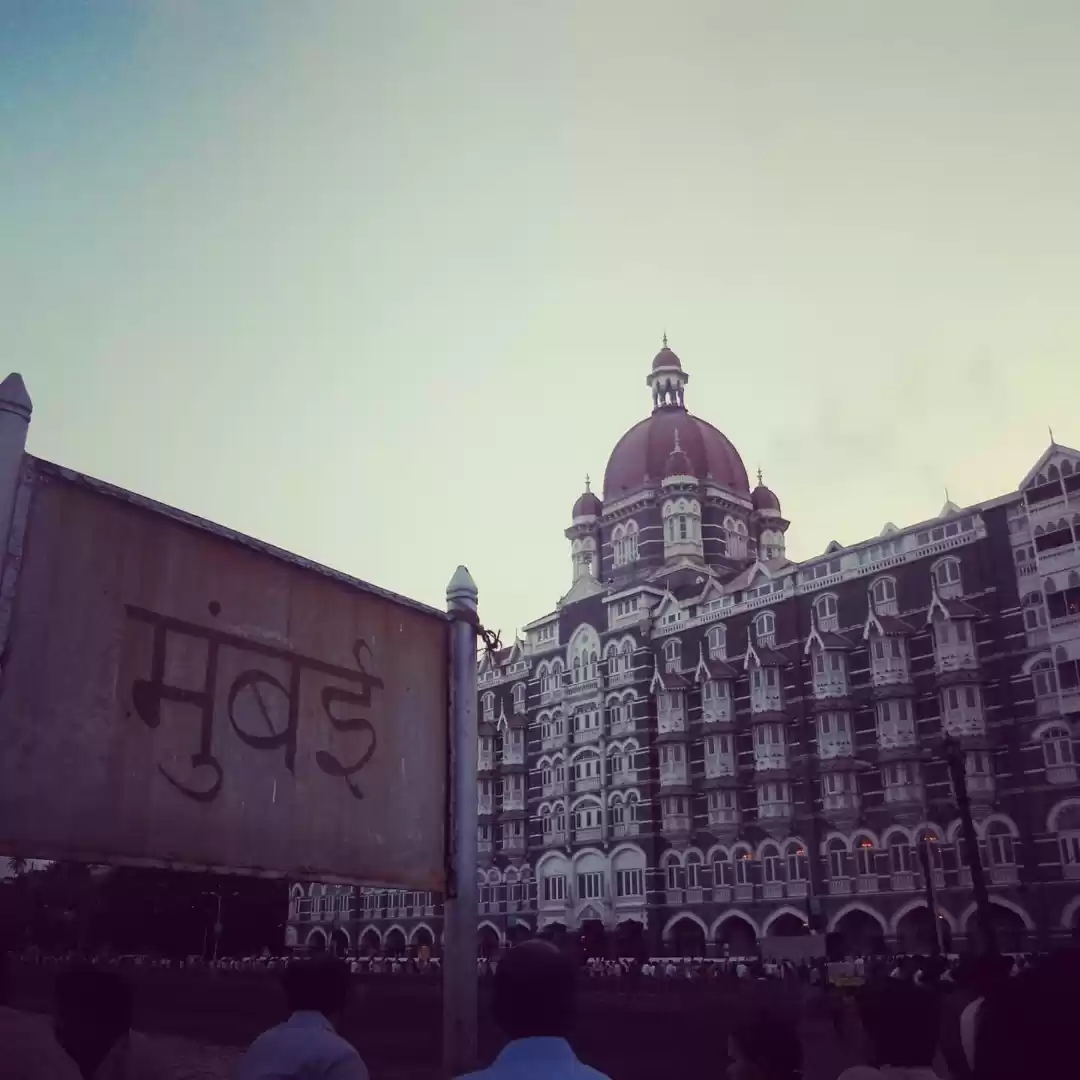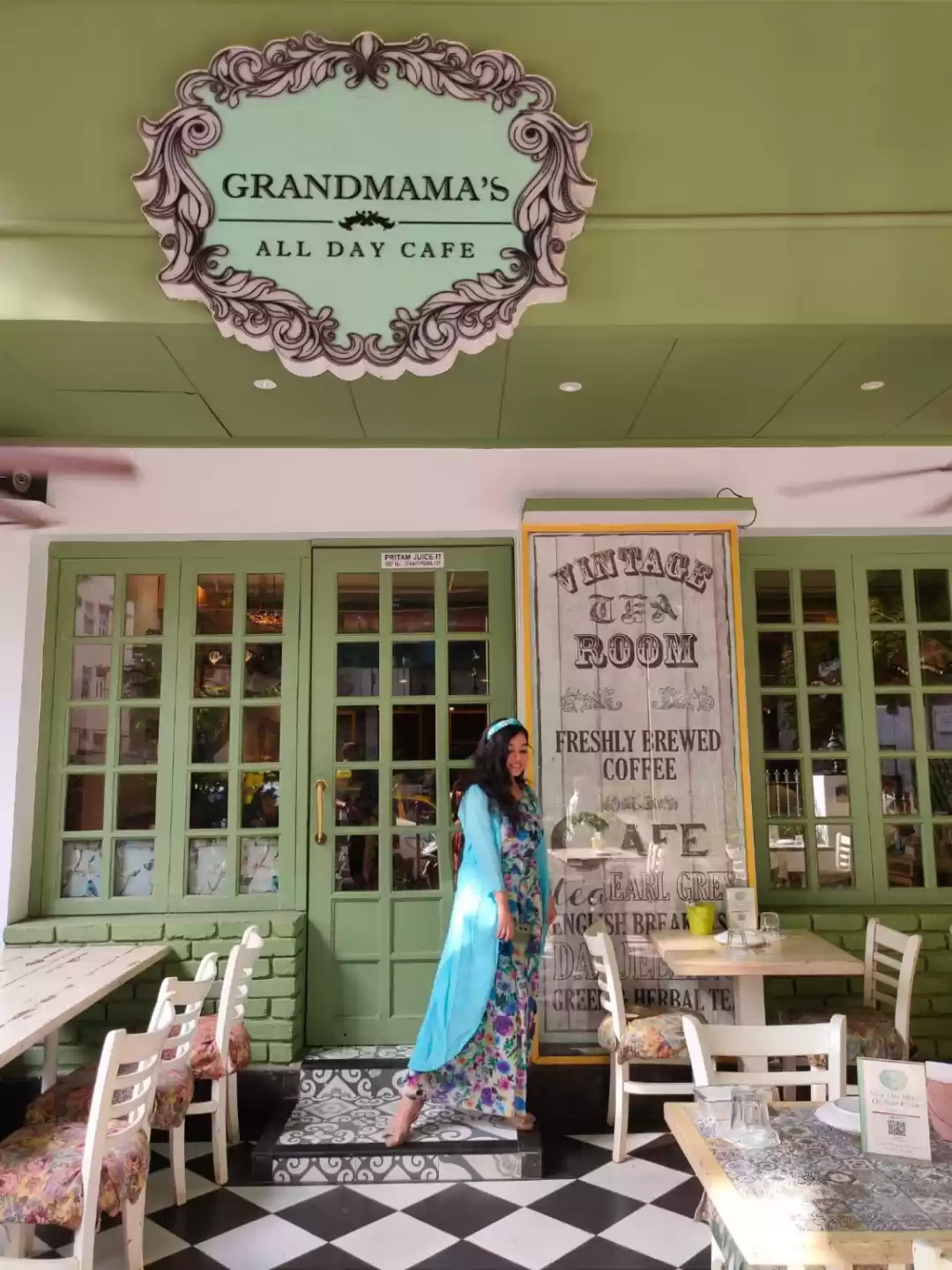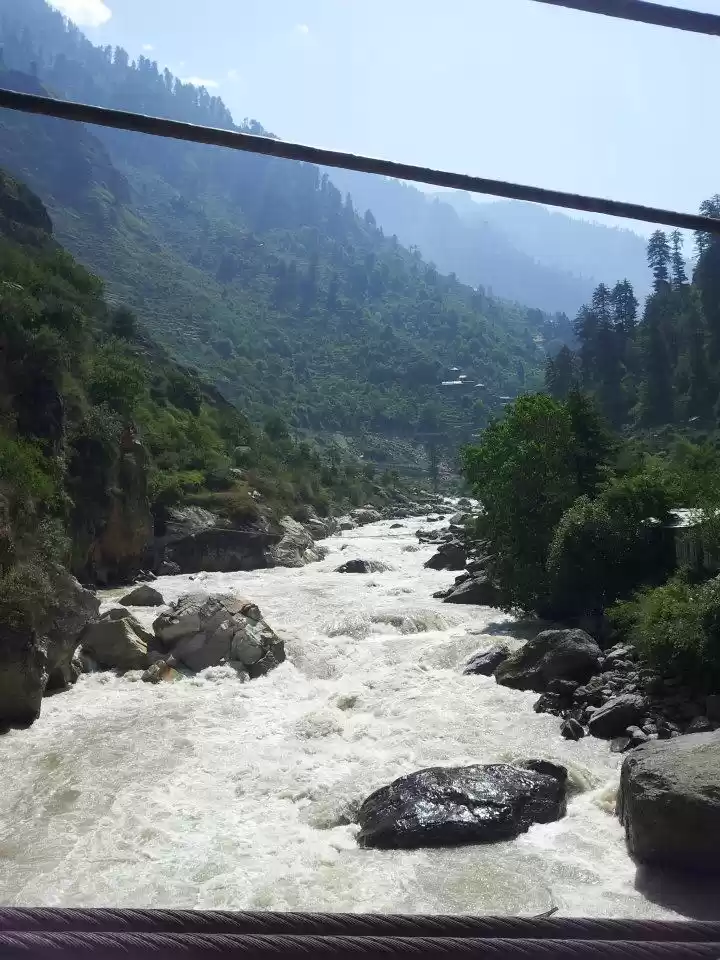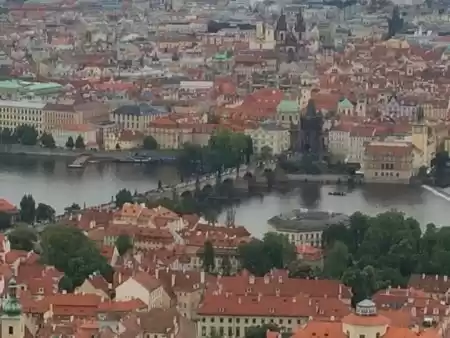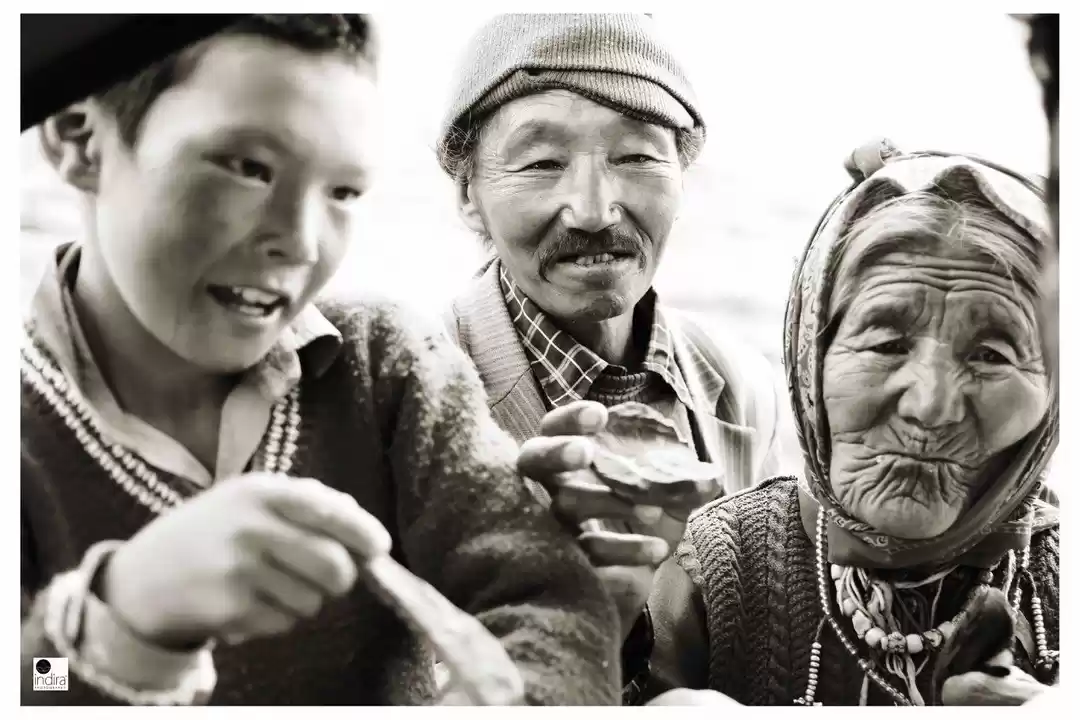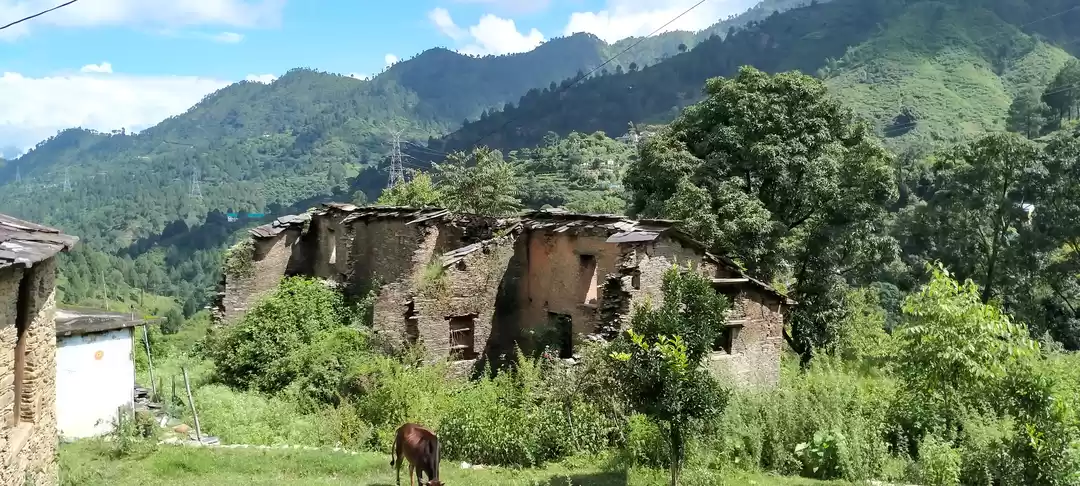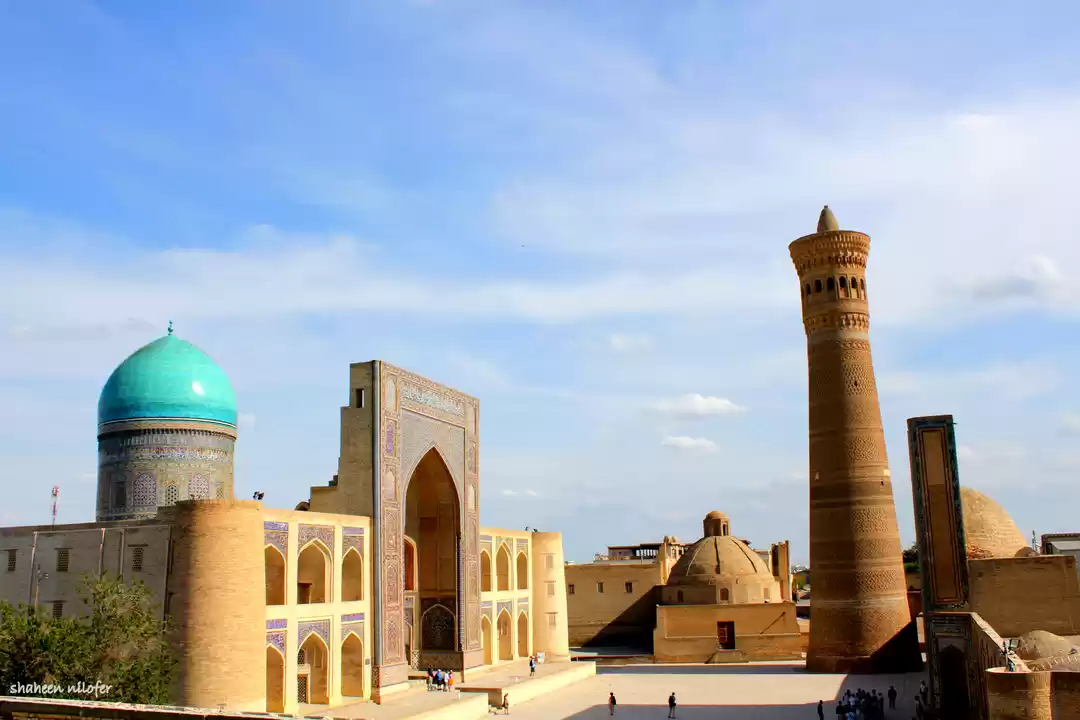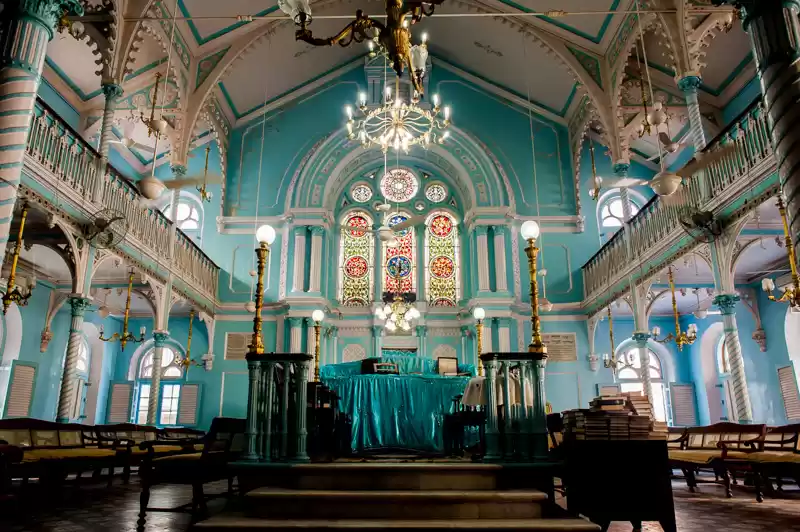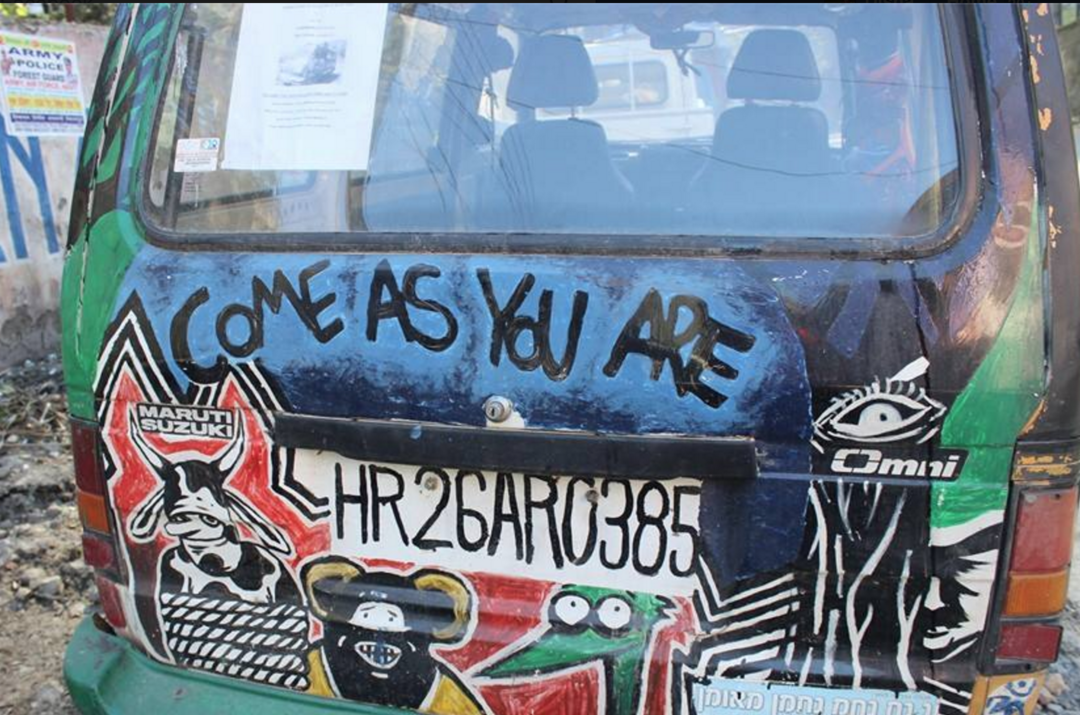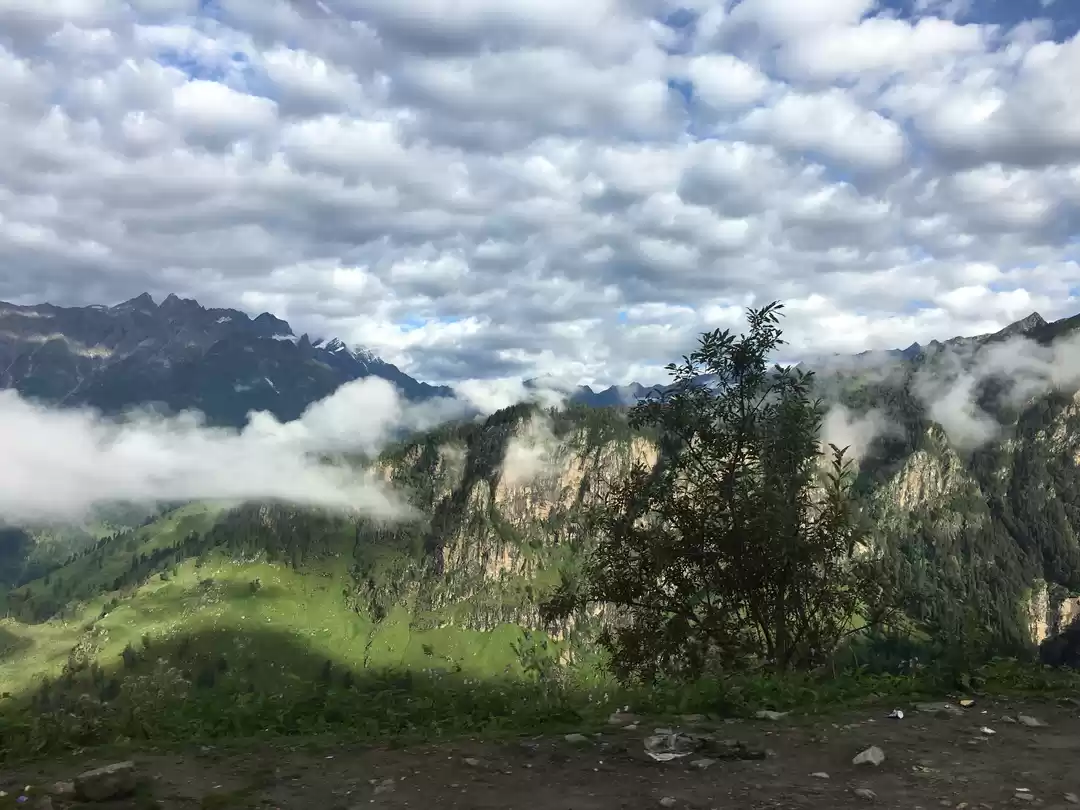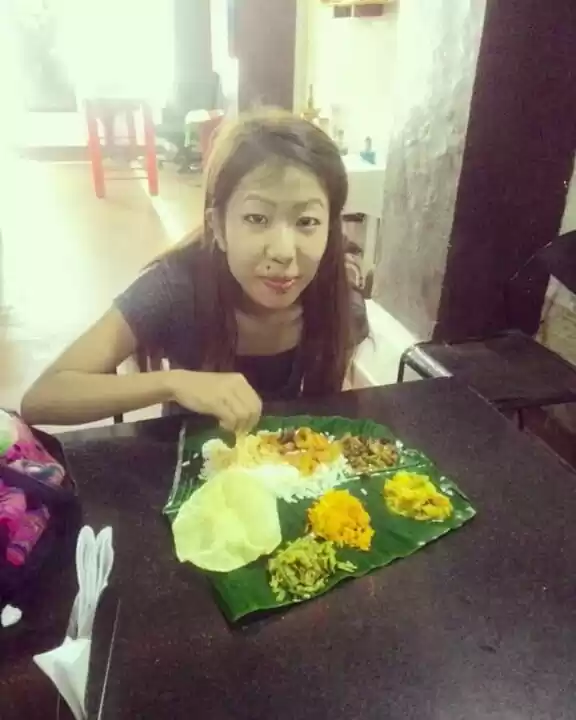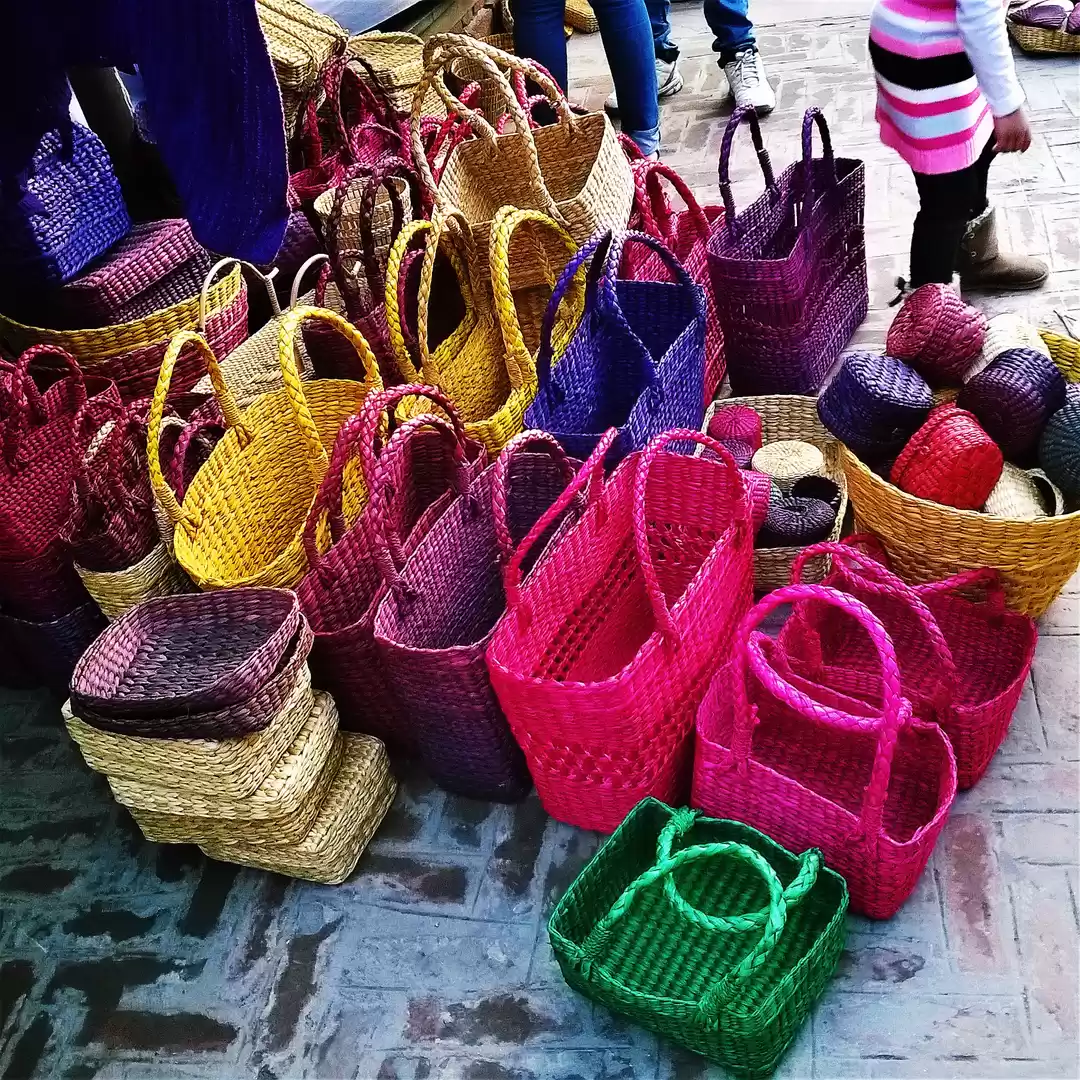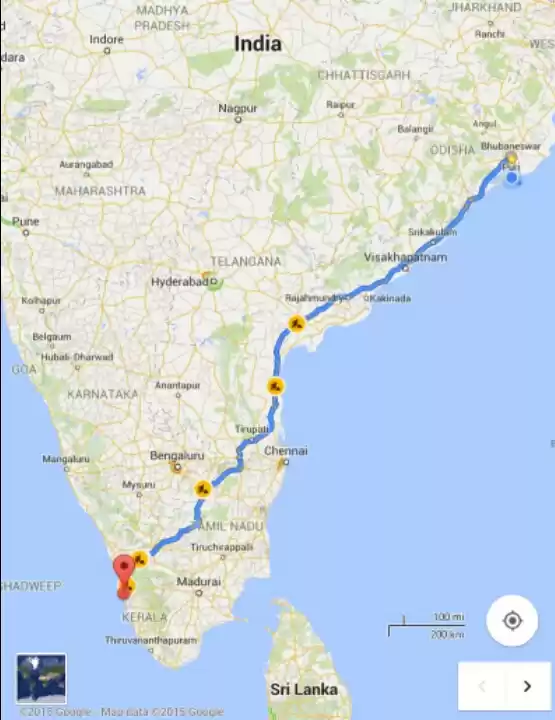If I'd met Levi at a metro station or at work, I wouldn't have given him a second glance. He looked more or less like an Indian, spoke Hindi and was dressed in a kurta. However, I met him at a place of worship where I've never been before and he spoke a language that I couldn't understand. How patriotic can one become towards a country which is not their homeland??? A heartwarming story from Mumbai!
Earlier that day, my 70-year-old friend Ella, who'd been backpacking in India for the last 3 months, had come to Mumbai to see me. In the middle of exploring the city, a recently painted bright blue facade near Khala Ghoda caught our attention, Ella read something on it written in a foreign language. ''It's a synagogue!'' she exclaimed excitedly and hurried into the building, beckoning me inside.

There were a few men gathered inside, wearing rimless caps that I later learned were called kippahs. A tall, slender man with curly dark hair, mysterious eyes and sun-baked brown skin that hinted at exotic roots walked towards us. Ella greeted him with a "Shalom", and he introduced himself to us as Levi. He was able to speak to Ella in Hebrew and quickly switch to Hindi with me. Who was he? While they spoke, I admired my surroundings.
It was my first time at a synagogue. The Keneseth Eliyahoo has Neoclassic architecture with Minton tile floors, the walls were painted in Victorian pale greens, contrasting with the matte white pillars, the Star of David painted in gold was a repeating element in the trusses. The setting sun cast a soft light that was broken into multiple rainbows by the stained-glass windows. I was then dragged into the conversation as Levi switched to Hindi to suggest me nearby local cafes to taste authentic Mumbai snacks and told about some of the oldest libraries around. I still kept wondering who this man was. Was he a hippie who had come to India and never left, or did he fall in love with an Indian and moved here for good? Before my mind could come up with more backstories, I interrupted him asking where he was from. He said "Dadar, Mumbai." "You speak Hebrew though," I wondered confusedly. What he told was nothing I had imagined.
In 1939 Levi's grandmother, who had lost her whole family in the Jewish genocide, was fleeing the country along with her 2 daughters and a son (Levi's father) in a kind trader's sailboat, after being refused by many countries who suspected they were Nazi spies, she finally found her way to Mumbai. Heartbreaking images of his grandmother spending weeks in the sailboat, waiting to see land, and her gnawing anxiety at not being let in flashed through my mind. "After that, Mumbai became our home and adopted us as its own without antisemitism unlike other cities in the world. However, we a shrinking community today, many people migrated to Israel and other European countries and I am happy for being able to renovate this place. Thanks to the local corporates who funded this. " He said. When I asked him why he didn't consider moving back, his eyes widened. He shrugged his shoulders and said, "I am an Indian and a Mumbaikar." It was that simple. And that overwhelming.
As Ella and I made our way back home, we got caught in the evening rush, by the local train station, and were swamped in people- women wearing niqabs, men in turbans, students, office-goers in western formals, women in elegant saris, Catholic nuns, men with orange teeka and many tourists. It filled me with regret.
Regret at all the times I cribbed about the densely packed local trains, all the times I scoffed at the constant crowds that ruined the serenity of Mumbai beaches, all the times I complained about the smaller living spaces and the traffic. Yes, Mumbai is a crowded city, but only because it has welcomed everyone. It opened its arms to so many immigrants from different places all over the world (including me!) and today, 25 million people call Mumbai home. I'm filled with pride and joy every time I am reminded of this city's big heart.

Connect with me on Instagram @bhavya.vatrapu


